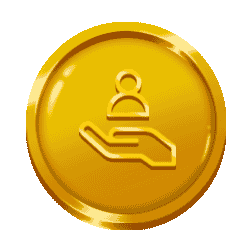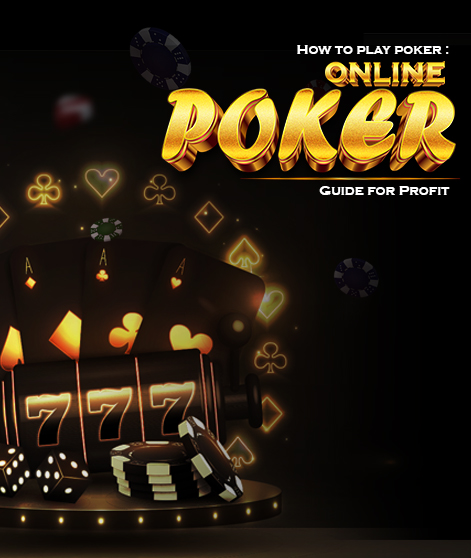Refer A Friend
Refer A
Friend

Published on Aug 10, 2024
One of the most played card games globally is poker, which combines strategy, skill, and a little bit of chance. Knowing the nuances of online poker will help you become a better player and even boost your earnings, regardless of expertise level. You will learn the fundamentals of playing poker online as well as how to get the most out of your winnings with this tutorial.
Recognize the Rules:
Make sure you understand the fundamentals of poker before you play. Recognize the betting systems, hand rankings, and game flow. Since Texas Hold’em is the most widely used version, it’s a fantastic place to start.
Hand Rankings: It’s important to understand the worth of each type of poker hand. To help you make wise selections throughout the game, commit these rankings to memory. From highest to lowest: a Royal Flush and a High Card.
Reputable Online Poker Rooms: Choose an online poker room with a solid reputation, security measures, and a license. Search for consumer feedback and confirm the availability of customer service.
Choose a Game:
Select the appropriate game and stakes according on your bankroll and skill level. Play low-stakes games at first, then as you get more confident and experience, increase up.
Establish a Budget: Choose a certain sum of money that you are willing to lose. To prevent overpaying and to make sure you can play for the long run, stick to this budget.
Buy-In Caps:
Play at buy-in tables that correspond to your amount of bankroll. It is generally advised to risk no more than 5% of your whole bankroll on any one table.
Playing Tight-Aggressive:
Use a tight-aggressive approach, playing fewer hands but with greater vigor. For most hands, this means folding before the flop, but for powerful hands, it means betting and raising aggressively.
Position Awareness: Your approach is influenced by where you sit at the table. Play more hands when you are in the late position, which is close to the dealer button, as you can see what other players are doing.
Bluffing and Semi-Bluffing: In poker, bluffing is a useful tactic, but it should only be employed seldom and sensibly. Semi-bluffing is also a viable strategy in which you place a wager on a hand that you believe will improve.
No-cost games and low-risk competitions:
Start practicing and honing your abilities in free games and low-stakes competitions. With these games, you may experience various situations without taking significant financial risks.
Examine the game:
Take the time to learn poker strategy. To learn from seasoned players, watch videos, read books, and participate in poker forums. Examine your own games and take note of your errors.
Be Calm and Concentrated:
Poker is a game of emotions. To prevent making bad decisions due to emotional outbursts, learn to control your emotions.
Breaks: If you’re feeling irritated or worn out, stop and have a rest. Making decisions with clarity helps avoid costly errors and improves decision-making.
In summary
It takes a combination of talent, strategy, and emotional restraint to play poker online for money. You may improve your chances of winning by comprehending the guidelines, selecting the best platform, controlling your bankroll, and persistently studying and honing your skills. Recall that in poker, discipline and patience are essential. You may have fun playing the game and even make money if you choose the appropriate strategy. I hope you have success at the tables!






